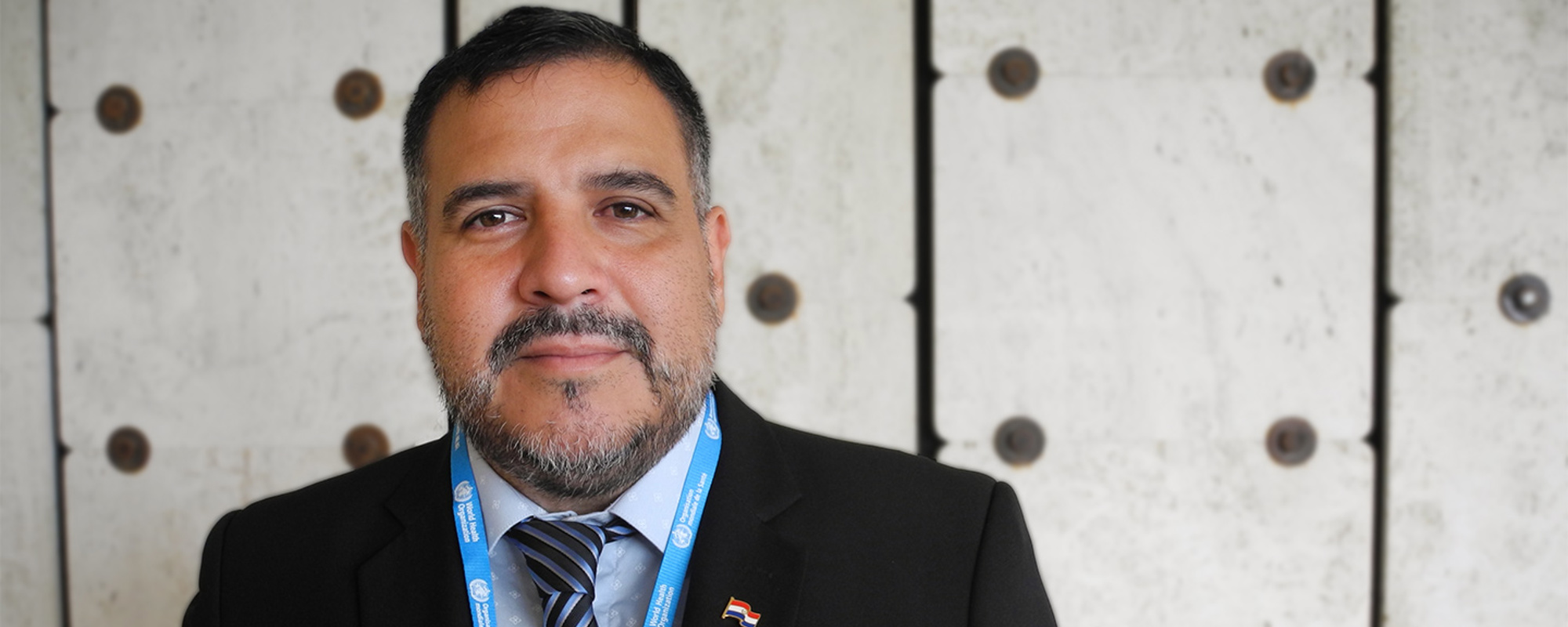

Paraguay Eliminates Malaria, Sets Example for the Region
The certification of Paraguay’s elimination of malaria is a recognition of more than five decades of hard work. It also demonstrates the highest level of commitment to public health, and is testament to the results that can be achieved with integrated management strategies, such as increasing surveillance, training health professionals and involving the most affected communities.
Although Paraguay reported its last outbreaks in 1999 and 2000, with almost 9,000 cases, the most recent reported case of indigenous transmission was in 2011. The National Malaria Control Program, which reports to the National Malaria Eradication Service (SENEPA), has focused its strategy on building local capacities and partnering with volunteers working in family health units in areas where malaria is endemic.
One of the most successful approaches in the process of eliminating malaria has been the involvement of these 5,000 volunteers in the country’s most remote areas. The measures implemented by the multidisciplinary teams include: setting up malaria diagnosis units in the most vulnerable and at-risk areas; reporting cases within 24 hours; initiating timely treatment within 24 hours of diagnosis; and closely monitoring individual cases, followed by investigation and monitoring of the outbreak location in the 24 hours after diagnosis.
Another key measure that has advanced the certification process has been strengthening the surveillance of people coming from endemic areas in the country’s border regions, since there is continuous population movement in these regions.
Collaboration between the various sectors and national and international actors has been essential, as has the increasing support from the private sector and backing from organizations such as the Global Fund – which has funded a project to develop intervention strategies for strengthening the health surveillance system – and the integration of sectors promoted by the Ministry of Public Health.
In the words of the late Augusto Roa Bastos, our most celebrated writer, Paraguay has long been “an island surrounded on all sides by land” in the heart of South America. Today, it serves as an example for its neighboring countries. The integrated management model, which involves all actors in the health sector and all affected communities, could be applied more widely in the Americas to combat other diseases.
The Sustainable Development Goals present an opportunity to improve public health from a multidimensional perspective, by bringing together all levels of governments, local communities, the private sector and nongovernmental organizations. In doing so, we can address the social determinants of health, putting individuals and communities at the center of our strategies.
In this regard, Paraguay is focusing its efforts on the long-term sustainability of its health strategies. The Ministry of Public Health is working to strengthen the country’s legal framework through the tuberculosis law and the formation of the National AIDS Council and the National Tuberculosis Council, with the involvement of the private sector.
Peter Sands, Executive Director of the Global Fund







